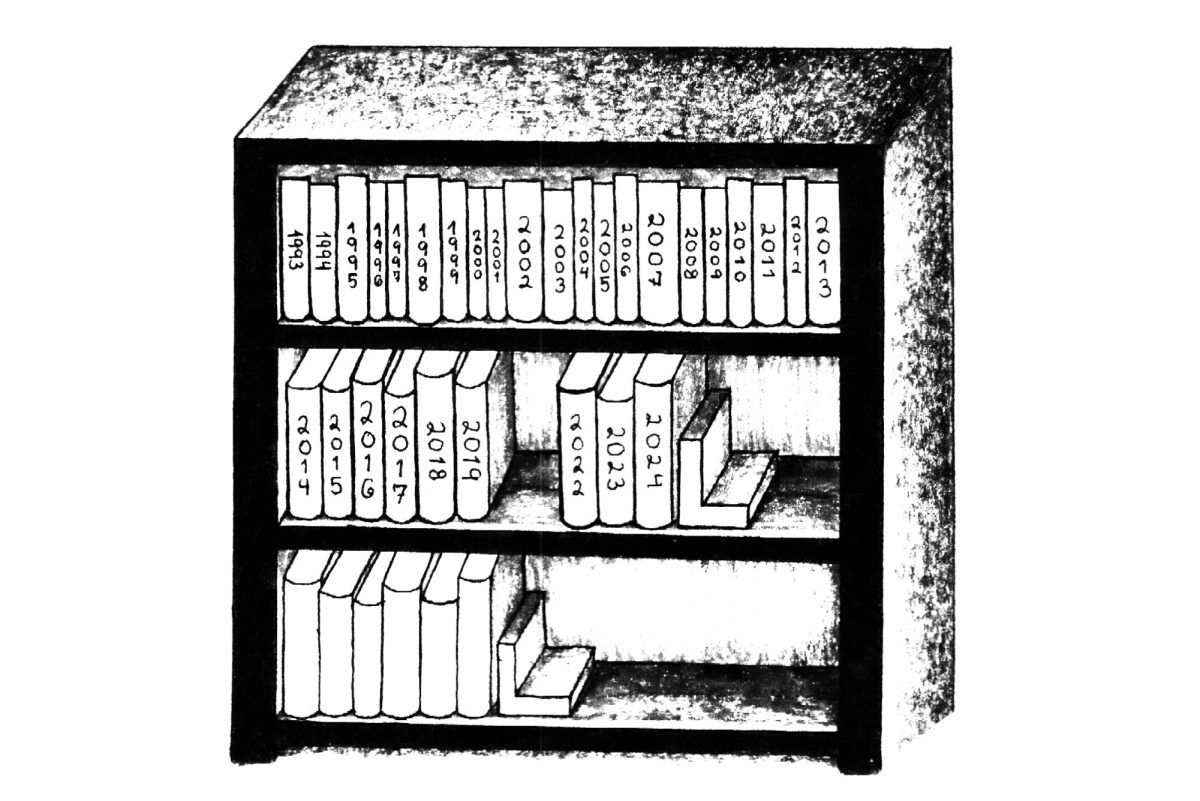GW markets itself as being committed to providing a safe space for all students. But a complaint filed in D.C.’s Office of Human Rights last month alleging that officials took down information about a “virtual processing space” for Palestinian students suggests that GW does not believe that Palestinians students deserve these same spaces. The space for was students experiencing distress due to the outbreaks of violence in Gaza last summer.
During the spring semester of 2021, amid the unrest in Israel and Palestine that started with the eviction of Palestinians from an East Jerusalem neighborhood, GW’s Office of Advocacy and Support advertised a “virtual processing space” for Palestinian students who were experiencing distress due to the violence. OAS has held these types of mental health events in the past for other marginalized groups when traumatizing violent and widely publicized events involving that group occur.
But several weeks ago, the complaint released by Palestine Legal revealed that within 24 hours of the Instagram post going up, administrators instructed OAS to remove it claiming that offering these services to Palestinian students harmed Jewish students. Further, the complaint states OAS was made to release an apology written by Assistant Vice President of Health and Safety Kathleen Fox and Assistant Director of Media Relations Crystal Nosal, saying that by acknowledging the trauma Palestinian students were experiencing, they “did not create a safe space” for all members of the community. As it currently stands, OAS cannot post on Instagram or hold events without administrators’ approval. This behavior by the administration illustrates a troubling belief that to advocate for Palestinians implies underlying antisemitism – it pushes the damaging belief that it’s impossible to advocate for one group without harming another.
While many have rightfully pointed out that there are criticisms of Israel that are solely based on antisemitic beliefs, many politicians and some activists will often imply that all criticism or protestation of Israel’s policies regarding Palestinians are antisemitic by nature. This issue with GW is mirrored by the way it presents nationally, as seen with the outcry over Ben & Jerry’s – themselves Jewish Americans from Long Island – withholding sales of ice cream in illegal Israeli settlements in the West Bank and arguments that Human Rights Watch’s findings that Israel practices apartheid is antisemitic.
The fact of the matter is that Palestinians are being oppressed by the Israeli government. They lack freedom of movement, can be subject to forced evictions, face crackdowns on freedom of speech and have very little power in the Israeli government despite it having authority over Palestinians in the West Bank through military occupation. Further, Jewish people are not responsible for the treatment of the Palestinians by the Israeli government and the Israeli government does not speak for all Jewish people. This assumption plays into dual loyalty tropes. In fact, many Jewish students at GW are very vocal in their support of Palestinian rights and criticism of the Israeli government.
It is not acceptable for administrators to prevent OAS from giving Palestinian students mental health services on the basis of it being harmful to Jewish students when doing so insinuates that Israel is representative of all Jewish students. This claim makes even less sense considering that OAS never condemned the Israeli government in acknowledging that Palestinian students were experiencing distress.
GW’s behavior promotes the idea that to support the dignity and freedom of one group has to mean denying that humanity to another group. Even the way the Israel/Palestine situation is framed nationally promotes this idea. People are either referred to as pro-Palestine or pro-Israel in their opinions on the region by the media implying that they are against the other group. I believe Palestinians deserve justice and freedom and that this justice does not and should not result in Israelis losing the rights and freedoms they currently possess. And I would ask my peers who identify as pro-Israel to ask themselves if they believe Israeli rights are only obtainable at the expense of Palestinian rights.
GW responded to these allegations with a mealy mouthed non-apology. This is unacceptable. GW must rectify this by supporting the demands put forth by OAS of adding an Arab or Middle East and North Africa category to the Multicultural Student Services Center webpage and holding a “#GWInSolidarity” event on anti-Palestinian biases. These demands, if met, would ensure there is support given to Palestinian students and educational resources for other students to learn about and empathize with the struggles of Palestinians.
Support for Palestine alone should not be perceived to indicate hostility toward Jewish people. In fact, it is morally inconsistent to advocate for Palestinian liberation but not combat antisemitism on this campus and in the United States and vice versa. The moral position is to advocate for an end to all forms of oppression. By irresponsibly preventing OAS from simply allowing students space to process the consequences of this oppression, officials, in their own words, did not create a safe space for all members of its community.
Kara Vecchione, a senior majoring in political science, is an opinions writer.


